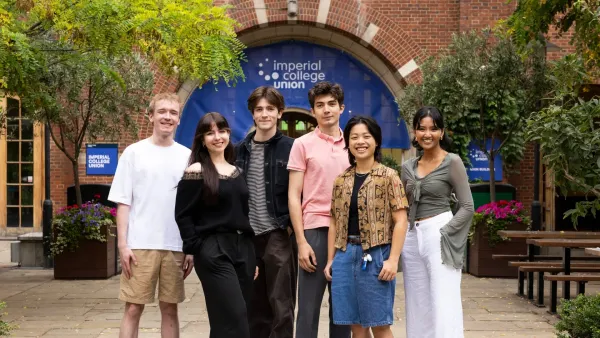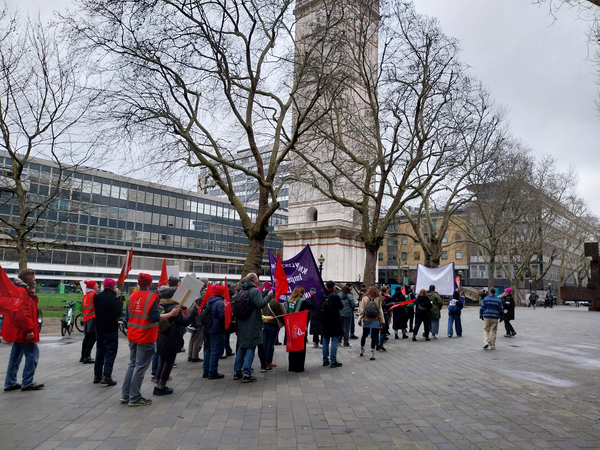Social Innovation: Saving the World
Chen Yann Qi: Bet you didn’t know your one idea can save the world! You will be surprised to find that in a typical week, the average UK household is throwing away what would have been six complete meals. Not shocking enough?
Bet you didn’t know your one idea can save the world! You will be surprised to find that in a typical week, the average UK household is throwing away what would have been six complete meals. Not shocking enough? Well, how about picturing five Wembley Stadiums full of food waste? That is the amount of food waste we generate every year – all these could have been good, consumable food that would have fed the stomachs of the millions who are badly in need of it And if food wasn’t so much of a concern to you, how about heat and fuel, since the supposed worst winter in 50 years is hitting us right now? Canary Wharf, tall skyscrapers, the London Stock Exchange – all the posh and modern images of London would have never hinted to you that UK is ranked the 2nd-highest in Europe for the number of people struggling to pay their energy bills. Households are being trapped in fuel poverty, a trend that has increasingly blighted the lives of millions of households. And of course, there are so many other issues like environmental damage, child poverty, ageing population and healthcare. You might have heard of all these before, but have you ever stopped and pondered seriously the extent of all these social problems affecting the UK? You might ask – how does one individual solve all these and more? It might sound really tough, but rest assured that it is not totally impossible. In fact, what you really need is an idea. A good idea that may be simple, easy, yet effective and gives a great impact when implemented on a large scale. As amazing as it might sound, a single good idea indeed has the ability to make a large difference, thanks to a new business model called social enterprise. Social enterprise is, in the simplest terms, a business with a heart. Fundamentally, it is still a business, therefore making money and generating profits are still essential. It is, however unlike a charity where it gets its income from donations either by the government or the public. A social enterprise makes its own money through provision of goods or services. But what makes a social enterprise really different from typical businesses is how the goods and services provided help address a particular social problem, and how most of the profit earned through the business is reinvested to grow the business further. Therefore, essentially, a single idea that helps address a major social problem may be developed as a business and be transformed into a world-changing phenomenon. Take for example The Big Issue, a business set up to give homeless people a chance to earn income. The Big Issue is a news & current affairs magazine that is sold to homeless people for 75p. It is later resold at £1.50. Driven by the social meaning behind this, it became so popular that weekly circulation figures topped 135,000 in the UK. With the mechanism of a social enterprise, we at Imperial Hub believe that every student in Imperial has the potential to change the world, as long as you have an idea for how to do so. Hence, we are organising for the first time a Social Innovation Bootcamp from 7-8 Dec 2013. Join us to build your own social enterprise within 48 hours to solve some of the UK’s most pressing social issues. There will be a series of workshops where you learn from our industry experts and hands-on sessions to really get your hands dirty. At the end, there will be an opportunity for you to pitch to a panel of judges. The top team will eventually be shortlisted for mentoring schemes and fast-tracked to Imperial Create Lab’s Venture Catalyst Challenge 2014! Early bird tickets are available until Saturday this week! Secure your spot today at imperialhub.wix.com/sib2013
Chen Yann Qi




